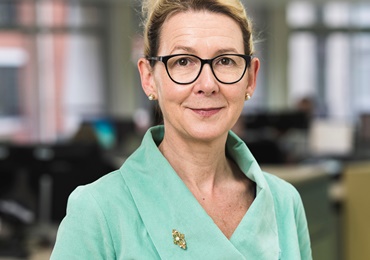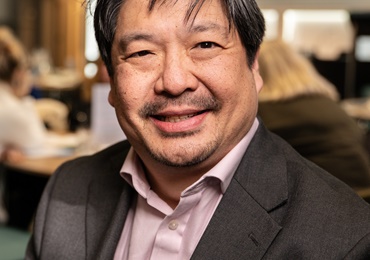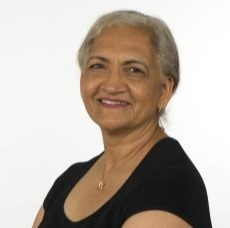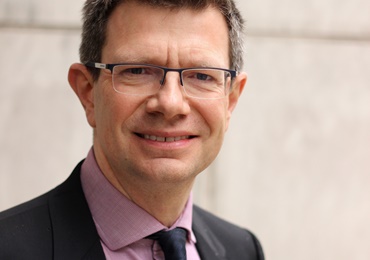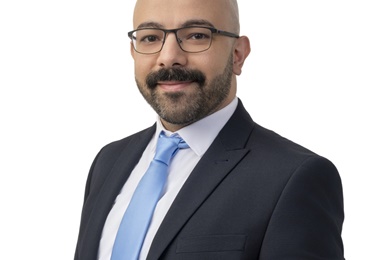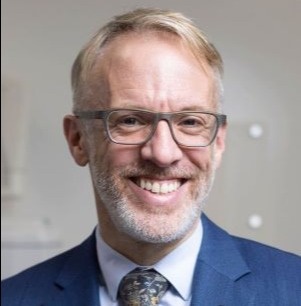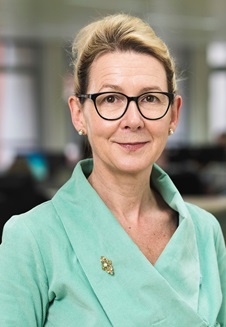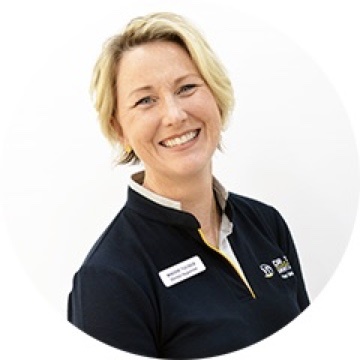Racism and discrimination – the challenge for the GDC and dentistry
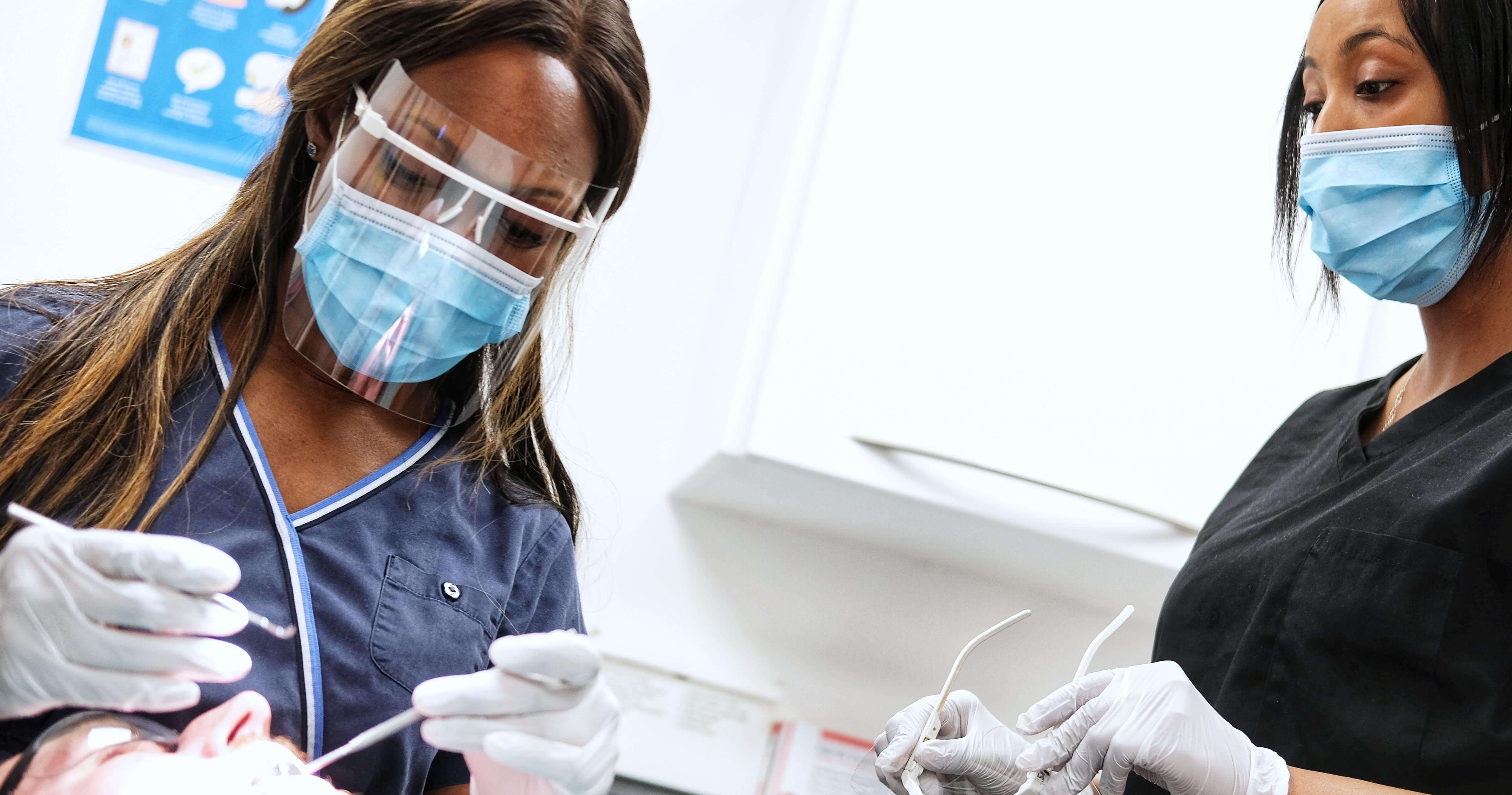
In recent weeks, the problem of racism and discrimination has been the subject of considerable public and private debate and some sober evaluation by organisations.
The GDC’s position is unambiguously set out in our equality, diversity and inclusion strategy:
Our approach to business is underpinned by a belief that all individuals should be treated fairly and have access to equal opportunities, regardless of their status… equality, diversity and inclusion are integral to our work as a regulator and an employer.
The COVID-19 pandemic has reminded us that inequalities in health can have deadly consequences. A recent Public Health England review of disparities in the risk and outcomes of COVID-19, using stakeholder insights into factors affecting the impact of coronavirus, shows that there is an association between belonging to some ethnic groups and the likelihood of testing positive and dying with COVID-19. The research showed the disproportionate impact on people from Black and Asian ethnic groups is rooted in deep seated inequality and experience of discrimination, in their social and economic circumstances as much as their direct experience of healthcare.
At the GDC, we are working with partners to understand how racism and discrimination are experienced across dentistry. I am grateful to those who have already started those conversations with us. We have heard from black dental professionals who tell us they see a lack of cultural sensitivity and poor understanding of health inequalities, undermining effective patient care. We have heard from black dental students who look at the leaders of their chosen profession and do not see their concerns recognised and addressed. We have heard from individuals who have encountered direct racism, including racism from patients to the professionals treating them. There can be no doubt that racism and discrimination is a just as much an issue in dentistry as it is across society. We all have a role to play in its eradication.
Some forms of discrimination are obvious and immediately offensive. Where they happen, we all share the duty to challenge them and the attitudes and behaviour which lie behind them. But some forms of discrimination are more insidious: they shape expectations and opportunities, they create institutions which do not represent the populations they serve, they result in an absence of role models. And they make it too easy to overlook the fact that some people and some groups face greater challenges than others.
We want a wider and more open conversation which can build on what we have already heard. We will start by publishing a series of blog posts about issues of inequality and how they are experienced in the UK dental sector, starting with health inequalities in dental care and oral health. We will also connect with existing representative groups to learn more and will be ready to work with them to develop strategies for change.
We know, of course, that words by themselves are not enough. We need to ensure that our data and research are designed to give us clearer insights which highlight differences where they occur. Our own data analysis is underway. We are looking to identify, understand and address correlations with all forms of inequality, starting with analysis to better understand why we see over-representation of practitioners from BAME backgrounds, and those who qualified outside of the UK, in our fitness to practise concerns. This analysis will look for data correlations and any disparities in case outcomes.
We are in a strong position to empower others to do more too. Over the coming months, we will be encouraging more dental professionals to complete equality, diversity and inclusion data on eGDC to update these datasets. Once updated, these anonymised datasets will be made available as a tool for further analysis to identify potential issues.
The GDC cannot hope to be credible in the fight to end improper discrimination and support equality across dentistry if we do not also look at ourselves as an organisation. The staff of the GDC come from a wide range of backgrounds and the organisation as whole is reasonably representative of the communities it serves, but diversity diminishes at more senior levels of the organisation. We are in the process of revising and updating our equality, diversity and inclusion strategy, which we intend to publish later this year, together with an action plan which will start to address the issues we know we face.
We have been challenged to recognise and acknowledge that we need to do more to combat racial inequality and discrimination. We accept that challenge and will strive to do our part and welcome the opportunity to work with others who share the challenge with us.
 eGDC
eGDC

